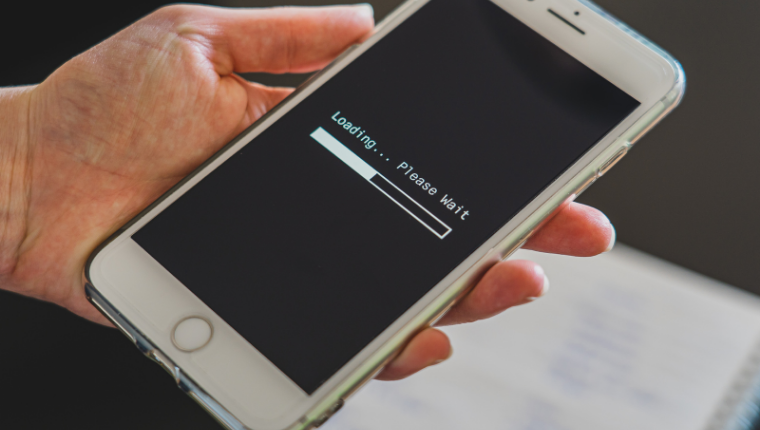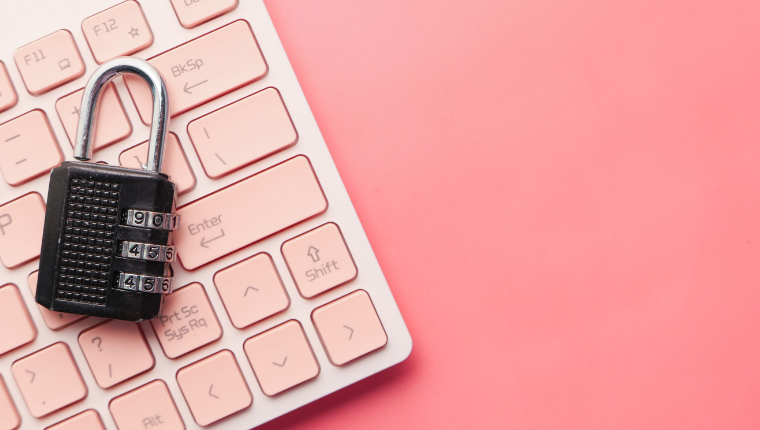5 Habits for Staying Safe Online
January 27, 2022 | by BMI Staff
With computers, smart phones, and tablets in every hand, staying safe online has never been more important. The world is at our fingertips every second of every day, but how can we make sure our information, our privacy, and all of the other details of our lives are not falling into the hands of the wrong people? Check out our tips for keeping you and your loved ones safe online.
Keep it Professional
Applying for jobs in person has become obsolete, which makes an online application the best way to secure your next role. With the ease of applying to companies far and wide online, there is a danger that accompanies over sharing. Potential employers do not need all of your personal information, such as your home address and social security number, when applying casually online. Wait for onboarding (once you have received an official offer) to hand out personal information to Human Resources. Laying out your information in a professional way should include your background and experience, as well as how to get in touch with you.
Browse Responsibly
In the same way you wouldn’t walk through a dark alley by yourself, you should stay away from the dangerous parts of the internet as well. It is way too easy to feel safe in your own home with the doors locked and a computer nearby, but the risk remains. The fact that it feels safer can actually make browsing the web that much more dangerous. Cybercriminals use exciting headlines and scandalous “news” as clickbait in order to lower our guards and make us yearn for the content on the other end of the link. Unfortunately, it only takes one click on the wrong link to infect your device and expose all of your personal information to a criminal on the other side. As hard as it is to resist, don’t fall into clickbait temptation.
Download Wisely
When it comes to hackers, they will truly stop at nothing to infect your computer with malware–a virus that will steal information from your device. In order to keep malware out of your computer, only download apps from trusted sources. For example, Apple users should go through the app store, and Android users should go through Google Play. These sources use their own safety measures to provide extra security against harmful malware. On the other hand, downloading an app directly from a website can quickly become a recipe for disaster.
Shop Safely
Shopping online is the way of the future. From grocery pickups to cyber sales around the holidays and everything in between, it just makes more sense to place a quick online order than it does to travel to a store most of the time. Because of this, cybercriminals have become absolute experts on how to trick us into believing they are providing a safe and secure online service. One quick and easy way to tell whether a website is secure is to make sure the web address your shopping in contains https: before the site name. The “S” stands for secure, and without it, you may be at high risk for theft.
Post Cautiously
The internet is basically the opposite of Vegas. Everything you ever publish to the World Wide Web will stay there indefinitely. That means there are no secrets, no do-overs, and no way to take back something you wish you never said. The person you are in your late teens may not be at all who you are today, but the internet never forgets. One great rule of thumb when posting online is to never say anything you wouldn’t want your dear, sweet grandmother or potential employer to hear.
There’s so many ways the internet provides us with risk, but it is also a revolutionary way to communicate, worldwide. For every darkness it brings, it also contributes so much good. We hope you will continue using the internet to better yourself and your community, because that is what it is there for. Simply browse safely while you’re doing it!









